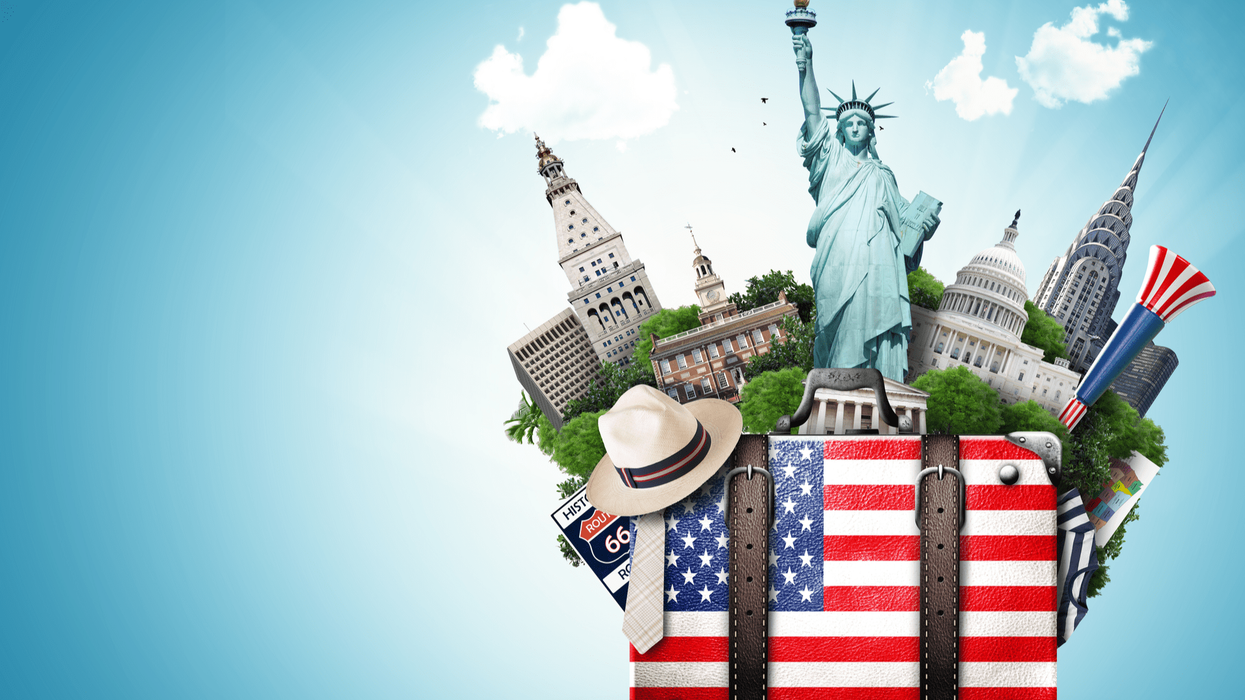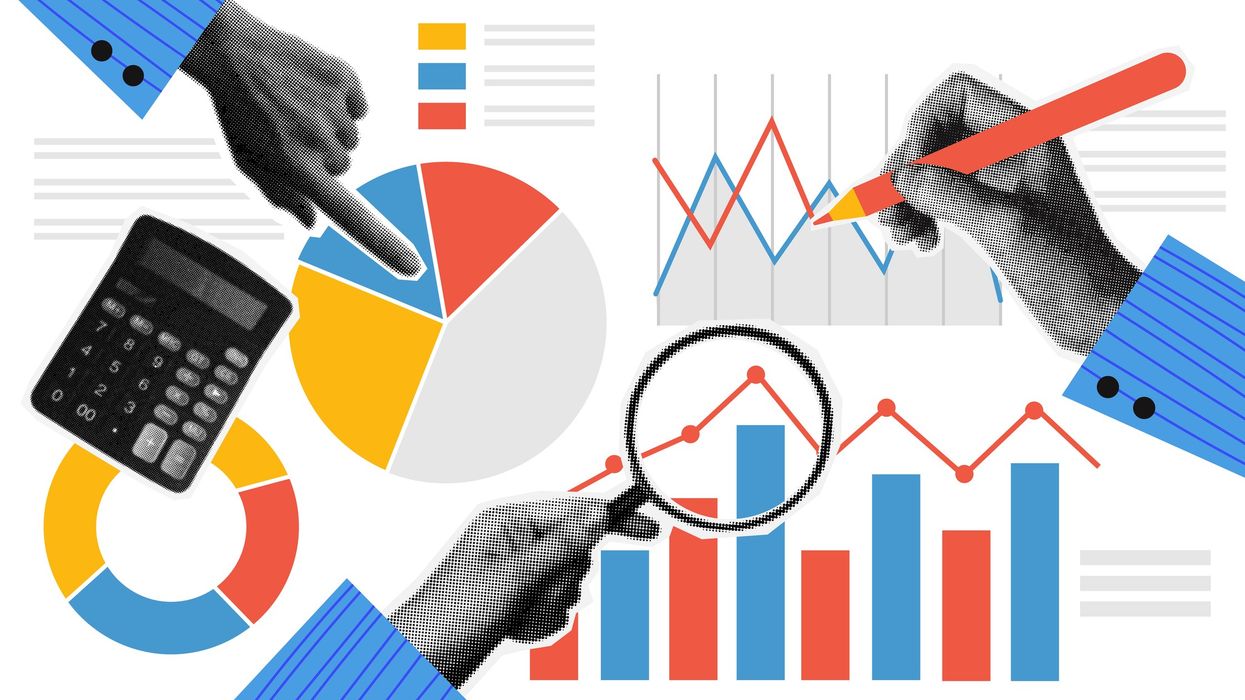Sometimes Americans forget that what they consider "normal” is not usual outside their borders.
This doesn't mean American habits are wrong; we're just saying that they attract attention from the rest of the world. We tell you about the most surprising practices they consider normal and that surprise the rest of the world.
- All banknotes are the same color
In the United States, all banknotes have the same shade of green, so they look remarkably similar, even though their amount is quite different.
For this reason, when Americans travel to other countries, they are surprised that the bills are of assorted colors and sizes depending on their value. For those who travel to the United States, you should know that all money is the same regardless of its value.
However, Americans do not like to pay in cash very much; they prefer credit cards for speed and efficiency and use them for everything: it is perfectly normal to pay with a card, whether for a $3 coffee or much larger expenses such as buying a smartphone.
They also prefer to buy everything they can online with credit cards and cryptocurrencies (which is also why cryptocurrency e-commerce stores and crypto casinos in the U.S. are much more popular than in the rest of the world).
- Using "America" or "Americans" to refer only to the United States
When an American says "America," they may be referring to the United States; for them, they are synonymous. However, we need clarification on this habit in the rest of the world.
The USA is not the whole of America; there is South America and Central America, and there are two more countries in North America. Therefore, for those who have not grown up in the region, it seems strange that they use "America" to refer to only one country.
- Pharmacies sell many products
As the BBC pointed out, there are many differences between pharmacies in the United States and those in the rest of the world. In fact, when we travel to the American country, one of the rarest things is to see these establishments with so many products. They sell everything from medicines to fast food.
- you can have free refills for drinks in almost all stores
One of the most surprising things is that you can have unlimited drink refills in almost all restaurants in the United States. But it is not shared outside the country.
- They love drinking large cups of coffee while walking
In other places, we consume coffee in smaller quantities. This means we drink it fast and in much smaller cups.
But, in the United States, it is customary to drink large cups of coffee and drink it while walking.
- In the U.S. you can take home leftovers
In the United States, people don't think twice about asking the waiter to prepare a lunch box with the leftover food from their plate so that they can enjoy it at another time. In other countries, however, this is seen as strange and even considered rude.
- Tipping waiters and other professionals is essential
Not tipping in the United States is frowned upon. Like elsewhere, tipping or not is optional and even considered rude in some countries. But, in the U.S., it is essential; if you travel there, anyone will warn you to tip in restaurants.
- They use red glasses to drink alcohol
Americans' fondness for red plastic cups is hugely impressive. When organizing a party in the United States, these cups are an essential item to have. They have become a symbol of casual gatherings and are a familiar sight at various social events throughout the country.
- American students go into debt to go to college
It is no secret that going to college in the United States is too expensive, and, therefore, many students go into debt to finance the race. In most countries, college is cheaper because the government subsidizes it. It is hard to believe the large debts they accumulate.
- U.S. Citizens work a lot and have few vacations
According to a Center for American Progress study, the United States is officially the most overworked country in the developed world. It can be surprising how many hours and days Americans work. In fact, many eat at the desk and have few vacations. So tiny that, for an American, six weeks of paid time off is infrequent.
- Having baby showers is very usual
Baby showers are a fun custom in the United States, but it's not commonplace in other parts of the world. Outside the U.S., it's strange and even a bit rude. Although it's a growing trend, it's not common.
- Americans talk to strangers about banal things
One strange or weird thing is that Americans talk to strangers very often, striking up conversations with people they have never met before in various everyday situations. Some found it unusual and puzzling, while others viewed it as a pleasant and heartwarming gesture, appreciating the openness and willingness to foster connections in their society.
- They write the month before the day
Americans write dates following this format: month-day-year. This scheme sounds very strange to the rest of the world; no one would say "August 3, 2023", but " 3 August 2023".


















